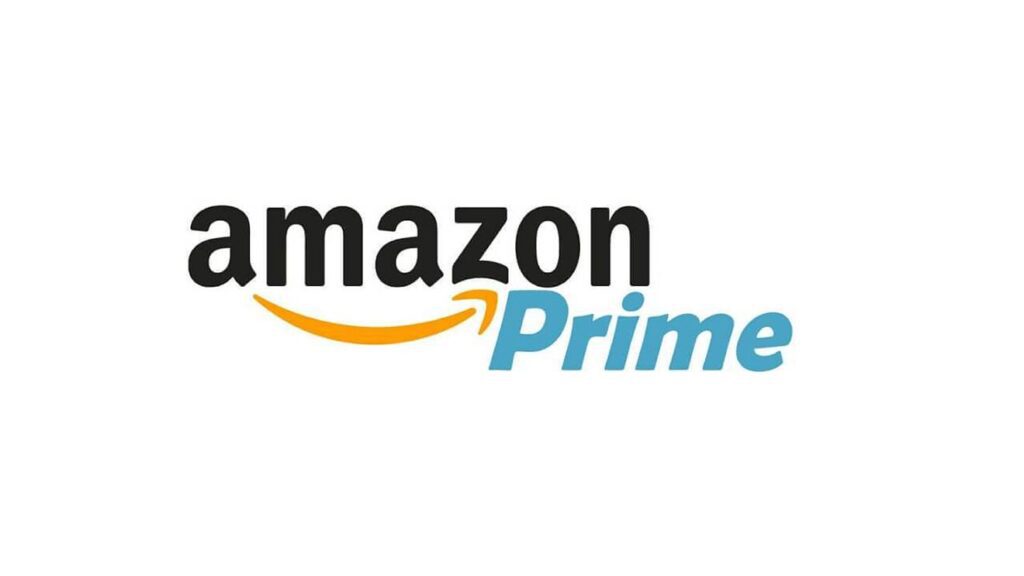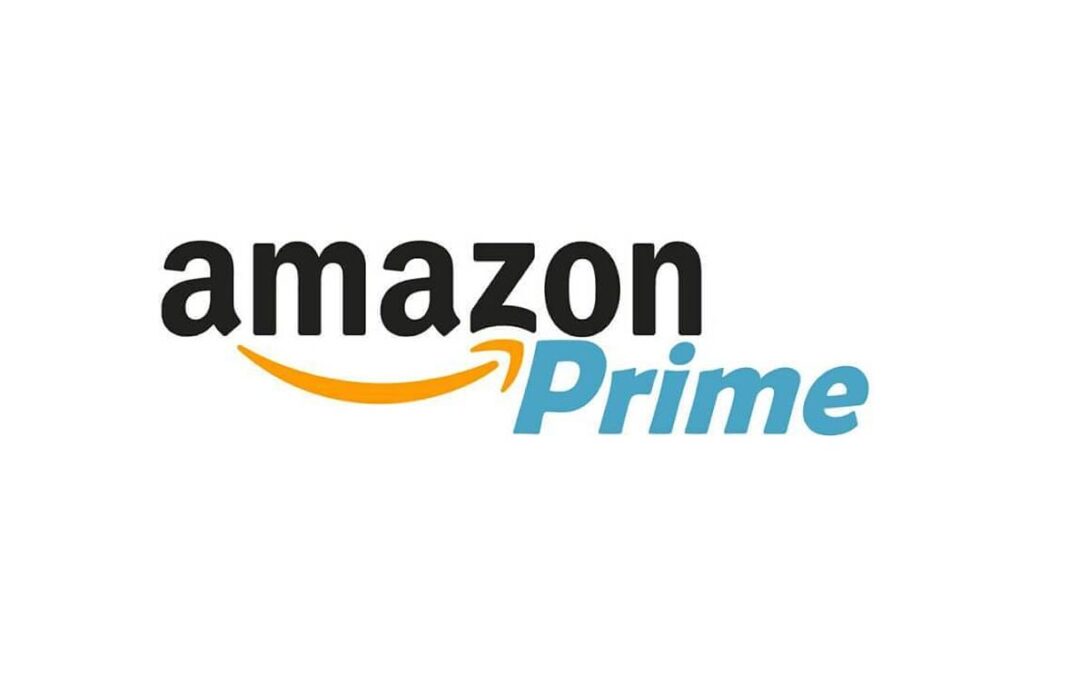
Regular readers of this space know we are strong advocates for shopping local – #ShopMV, in our parlance. We’re committed to reminding our friends and neighbors that when you eat, shop or use a local service, you are investing in our local economy. Business taxes fuel our challenged city budgets. Local business owners and managers donate generously to our schools and keep us safe.
We know the data is on our side, and that “three times more money returns to the local economy when you shop locally, while eating at locally owned restaurants brings in two times more money, according to a series of independent-business impact studies conducted by Civic Economics.
We’ll keep making that #ShopMV case long after (if and when) the pandemic is in the rearview mirror.
But there’s always the convenience-is-king elephant in the room of Amazon Prime. How do you argue against instant gratification? You think of a product you might need and it seems to arrive minutes after you thought of it.
In “How I Quit Prime and Survived,” the New York Times’ technology columnist Shira Ovide makes the case for shifting spending habits. “This doesn’t mean I live without Amazon,” she writes. “Here’s a secret: You are legally permitted to order from the site without being a Prime member — although it takes a bit more planning to get orders delivered without paying for shipping.” Ovide adds: “This is not advice for you to quit Prime. You do you.” “I know that many Americans live far from stores, have caregiving responsibilities, live with disabilities, or have other circumstances that don’t give them as much shopping flexibility.”
Ovide saw her spending behavior shift after quitting Prime. “In 2020 and the first months of 2021, when online shopping shot through the roof as many people tried to avoid stores, my order history shows that I didn’t buy anything for myself from Amazon other than a few Kindle e-books. I shopped in local stores, partly because I didn’t want Amazon and other giant retailers to be the only ones left after the pandemic.”
“Without feeling as if I needed to squeeze value from a Prime membership, Amazon was just one option rather than the only shop that I considered,” she added.
“For me, online shopping now requires more patience,” Ovide writes. “I keep a list on my phone of things that I might need, and I place orders for several items at once to hit the minimum order amounts for free shipping from Amazon and other websites. (An Amazon order above $25 often qualifies for no-cost delivery.)
“I think I also buy less stuff without being a Prime member because it’s not as easy to impulse buy from my sofa,” she writes. “The real magic of Amazon, and particularly Prime, is that they remove the thinking from shopping. Prime members tend to reflexively go to Amazon, and that mostly works great for them and the company. For me, not having Prime makes me pause for a minute before buying. That’s perfect.”

